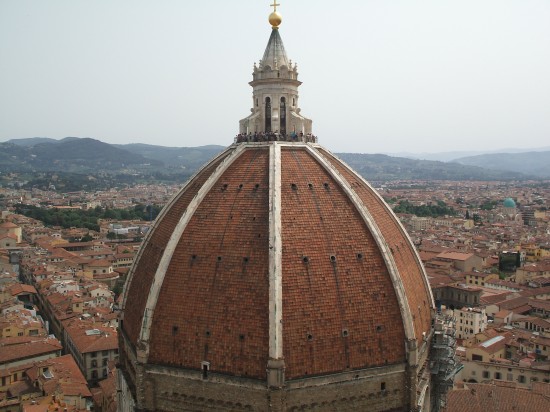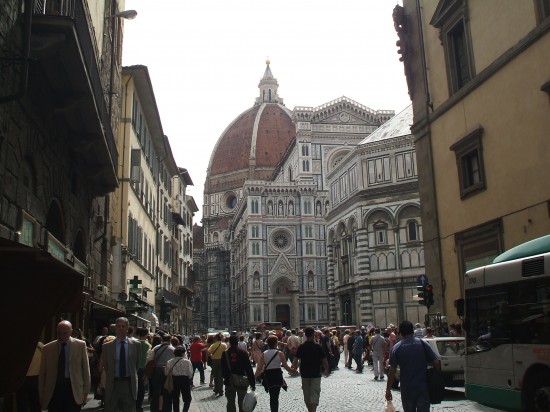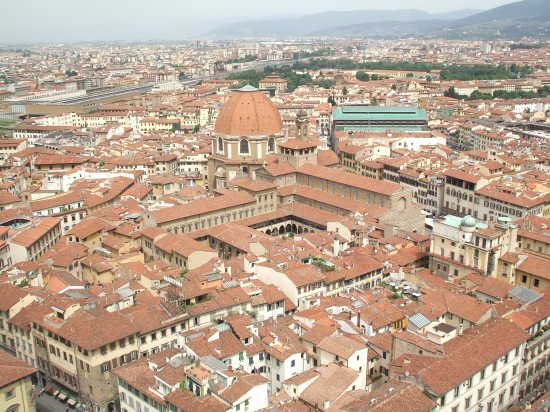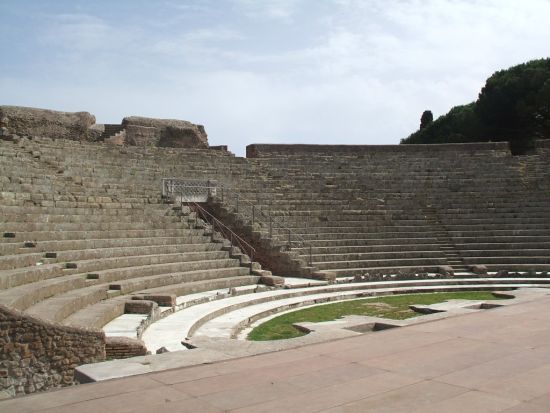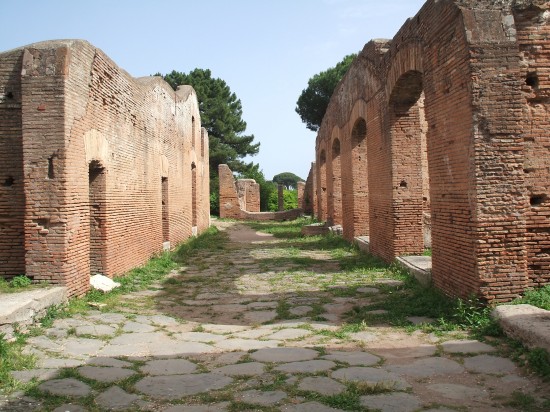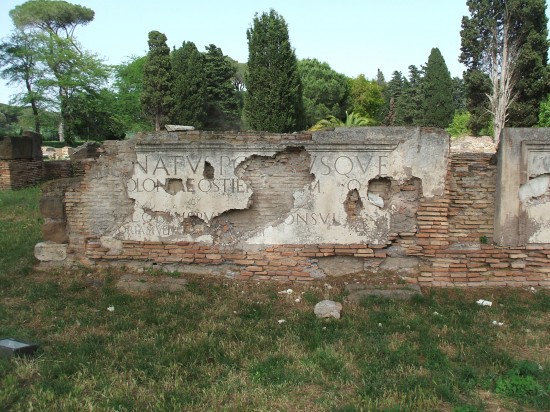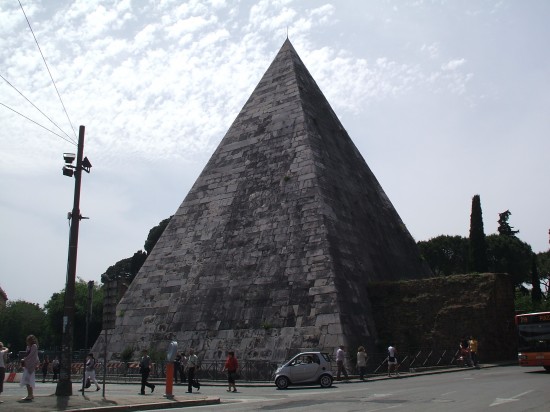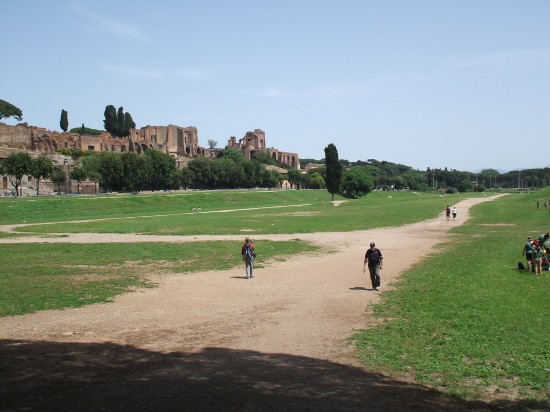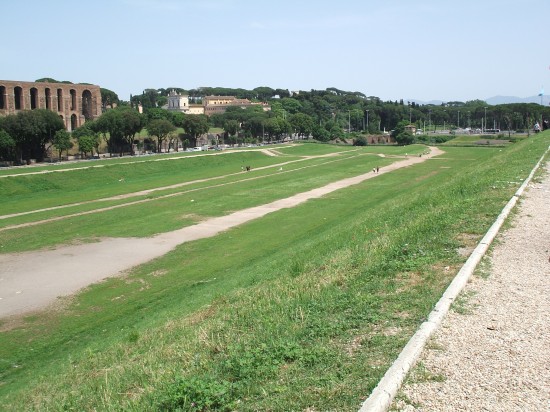Is a Picture Worth a Thousand Words? Entry #38
“Feast your eyes upon that, Matthew . . . and, er, Madam! Florence! The City of Flowers! A simple, peaceful nickname designed to convince people that this is an innocent, harmless country town, with no more influence on world politics than a humble sheep farm. And yet, this Second City of Italy hides within its walls a secret, a secret that few have discovered and fewer still have lived to tell. Yes, Florence may be second to Rome in population. Yes, it may be second to Rome in prestige. But in power, it is first!
“Those who are gullible enough to believe the official reports disagree. They say that Rome is the one and only capital of Italy, and that it has been ever since the country was founded after the Black Plague brought down the Roman Empire in 31 BC. And, on the surface, they would appear to be right.
“Certainly, to the untrained observer, Rome seems to be the most likely candidate for the job. All the trappings of power are there. The Maximum Circus, the only place where Messala and Judah Ben-Hur could finally settle their age-old feud. The Colosseum, the heart of the judicial system, where millions of criminals were put to death every year as punishment for their heinous crimes. St. Peter’s Square, the base of the Catholic Church since time immemorial.
“But what these fools forget is that these things were all in the past. Sure, Rome looks like the capital, and it was . . . many millennia ago! Today, there is only one true capital of Italy, and its name is Florence!
“The story begins in the Renaissance. A young man named Machiavelli de Medici lived a quiet life here with his family. But while things may sometimes appear to be quiet in Florence, they never stay that way for long. The Medici family was betrayed by their rivals, the Paparazzi. Every member of the family was arrested on trumped-up charges, led through the town in disgrace, and then executed.
“Every member, that is, except Machiavelli. This young man swore on the family grave that he would have revenge, but his revenge would not be on the Paparazzi alone. Machiavelli dreamed big. Clearing his family’s name was not enough. Destroying those responsible was not enough. Ruling all of Florence was not enough! Machiavelli did not rest until he had used his international network of assassins to seize control of all of Italy! Ever since then, this soft underbelly of Europe has been ruled by the tough gut of the Medici.
“Of course, it goes without saying that Machiavelli’s greatest confidant in his endeavors was none other than Leonardo da Vinci, mastermind behind every great conspiracy, past, present, and future.
“Now, to properly tell the story of Machiavelli de Medici would take days, but I will do my best to sum up the most important parts now . . .”
“Your friend enjoys giving these speeches very much, yes?”
“Very much indeed,” Matthew responded. “He is, however, the only one that does.” The sheer quantity of misinformation made Matthew so dizzy it was a wonder he didn’t pitch forward and roll all the way down the dome to his death. He was pressing himself back against the wall as strongly as he could, but in that tight space it was impossible to get too far away from the edge.
The other tourists up there did not appear to be about to collapse, but the looks on their faces made it quite clear that they did not appreciate the speech any more than Matthew did. Most of them probably could not understand what Jack was saying (Matthew spoke the same language, and he couldn’t understand what his friend was saying), but the noise level was bad enough. Jack had lost his personal volume control down the proverbial couch cushions at a young age, and he had never bothered to go looking for it.
“He has a very . . . unusual view of history,” the woman continued. She was glancing around rapidly, though Matthew had no idea whether she was looking for mafia snipers or simply trying to determine when the crowd was going to lose its patience, form a mob, heave the noisy American over the railing, and cheer. He could have asked, but what was the point?
“Do you know from where he gets his . . . facts?” she asked.
“No idea.” When Jack talked about Rome, Matthew had always assumed that everything he said came from either movies or TV (often from features about different cities). For Florence, it seemed entirely possible that his friend had run out of that kind of “facts” and was now just making things up entirely.
“. . . and now here we stand, atop the Domo, the impregnable citadel from which the Medici family manipulates the politics of the entire Mediterranean! Looking down at Florence, just as they do, we—”
“This is not true,” the woman interrupted. Jack’s tirade came to such a screeching halt that for a moment Matthew thought he might trip and go down the side of the dome. The other tourists held their breath, wondering how long the interruption could last (and perhaps plotting to extend it with their own methods if it wasn’t long enough).
“The house of the Medici is elsewhere in Florence,” she continued. “That is where their power was based.”
“Then what are we doing up here?” Jack cried as he headed for the stairs. The crowd refrained from celebrating, just barely.
“Nothing in that mess was true,” Matthew muttered as they left the balcony. “Why did you wait until then to correct him?”
“I needed to convince him to leave,” the woman replied.
“Are we in danger?”
“Not especially. We must keep moving if we are to discover anything.”
“Oh. Wait, there wasn’t anything in Jack’s speech that has to do with what we’re involved in, was there?”
“That would be difficult to say.”
Posted in Is a Picture Worth a Thousand Words? |  1 Comment »
1 Comment »
